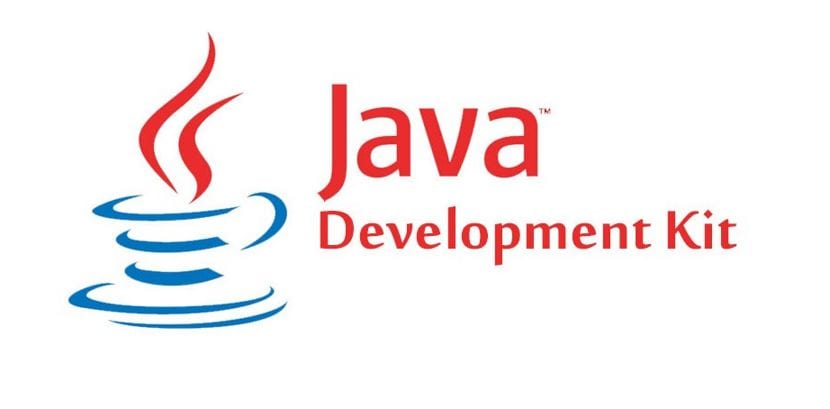
Last December it was carried out the launch of the beta version of JDK incorporates various features of which nine major new features and functions were releasedsuch as support for Unicode 11, a new x25519 and x448 encoded private key format that is compliant with RFC 8410.
Now this month Oracle made the announcement of the first version of Release Candidate of JDK 12 which is now available for download for Linux, Mac OS and Windows platforms.
This RC1 version has been released in order to identify any errors that may exist.r, as well as the various suggestions from the community ahead of its scheduled general availability date of March 19.
The functions introduced in the Beta version
- Shenandoah: It is a short-lived garbage collector that does the work of simultaneous evacuation between the running java threads. Rest times are independent of heap size which means that you will have the same constant pause times whether your heap is 200MB or 200GB.
- Microbenchmark: is a tool to help developers to use existing micro-criteria in JDK source code or to create new ones.
- Switch Expressions: make some changes to the toggle instruction to make it more flexible.
Non-string literals - Allows developers to create their own literals and add them to the language. - JVM Constants API: allows you to add an API for the nominal descriptions of the main class and class file artifacts, especially the constants that can be loaded from the constant group.
- One AArch64 Port, Not Two: It is used to remove all sources related to arm64port to allow all contributors to focus their efforts on a single 64-bit ARM implementation and eliminate the duplicative work required by maintaining two ports.
- Default CDS Files: It is used to improve the JDK compilation process to generate a class data exchange file (CDS) using the default class list on 64-bit platforms.
- Abortable Mixed Collections for G1: allows you to cancel item collections when they may exceed the pause target.
- Promptly Return Unused Committed Memory from G1: improves G1 recovery so that it can automatically return the Java heap memory to the operating system when it is idle.
Raw String literals I do not know anymore will include in JDK 12
Just a few days after this release, the JEP announced that one of the features included in the beta version will likely no longer be supported or will no longer be integrated into the JDK 12.. These were Raw String Literals for which JEP has indicated that it has not yet found the correct way to implement this function in JDK 12.
“In reviewing the feedback we receive, I am no longer convinced that we have found the right balance between complexity and expressiveness, or that we have explored the design space enough to ensure that the current design is the best we can do.
By removing it, we can continue to fine-tune the layout, explore more options, and find a preview that actually meets the requirements of the preview feature process (JEP 12), ”Brian Goetz wrote in an email.
To justify itself, the JEP had listed several reasons for this removal.
For example, string literals can span multiple lines and do not interpret escape sequences as \ n corresponding to Unicode escapes of the form \ uXXXX or the fact that string literals in general do not directly support string interpolation.
The JEP cited many other problems (eg delimiters) related to raw string literals on the OpenJDK website.
Compared to their peers, the JEP stated that programming languages like C ++, Groovy, JavaScript, Python, to name just a few, use raw string literals and therefore study these languages for delimiters.
Download
For those interested in testing this RC of the JDK 12 can visit the following link where to find the packages for the different platforms (Windows, Mac and Linux)